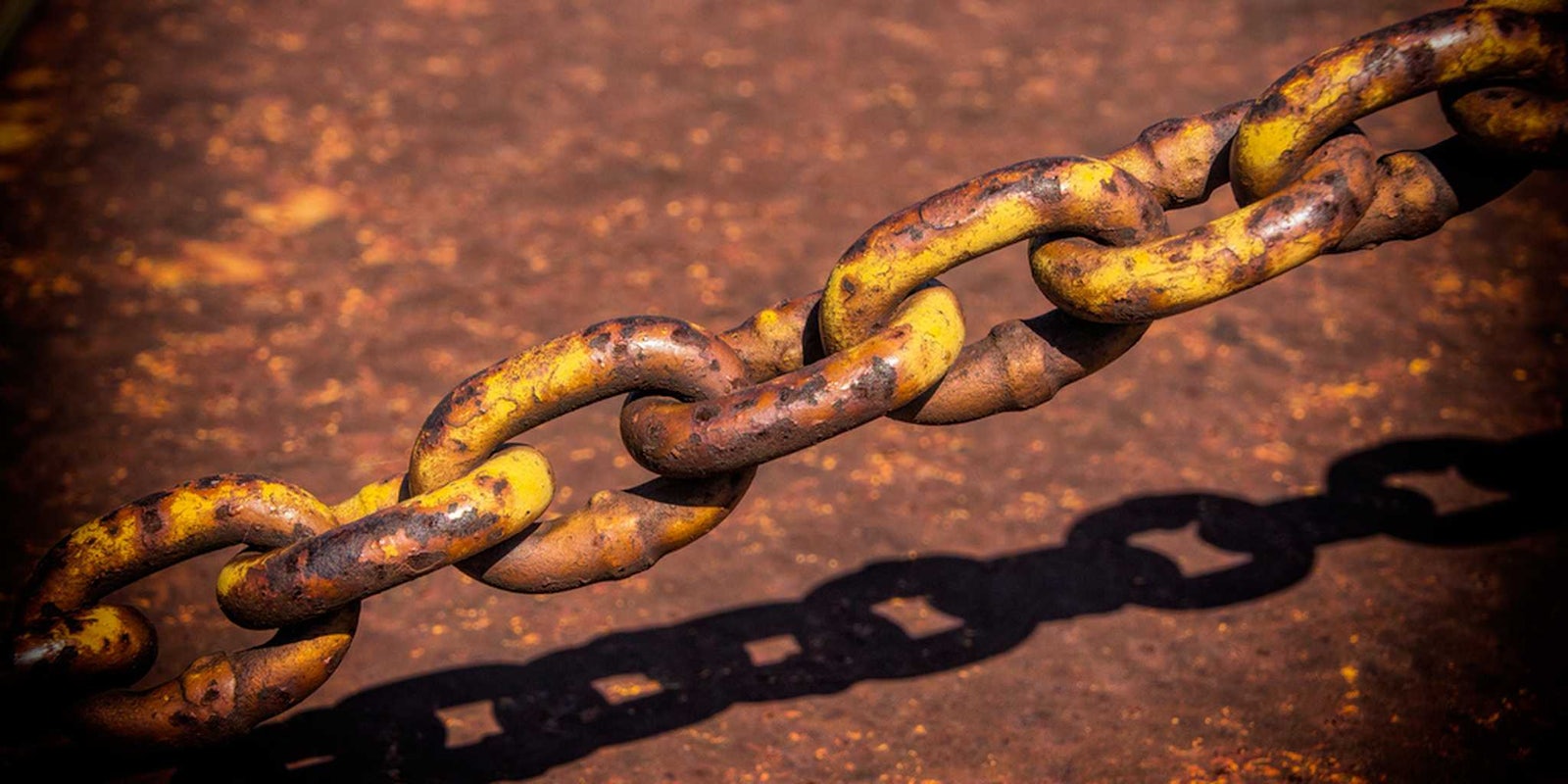The Spanish government is one step closer to passing a law that will force Google News and other content aggregators to pay for links.
Under the new Copyright Act passed by Congress, websites linking to articles by the industry’s biggest news organizations will have to pay a fee to the original source, or face fines of up to $400,000.
After Germany passed a law giving newspapers the right to charge Google for royalties, the search giant simply removed the links. When newspapers realized they couldn’t live without the traffic, the search engine told them to sign a waiver, exempting them from the tax. As Medium reports, the papers all came crawling back.
The Spanish government and newspaper industry has learned from the German fiasco and locked publishers and content aggregators into a binding payment scheme. The law being dubbed the “Google tax” makes the charge compulsory, meaning a newspaper is obliged by law to charge these royalties.
Social media sites such as Facebook and Twitter are explicitly exempt, although the status of properties like Reddit, Digg, and others is less clear, since the law targets “electronic news aggregation systems.”
Although the tax would appear to level the playing field between genuine news organizations and content aggregators, it sets a stark divide between what Spanish GQ called the “old dinosaurs” of the Spanish press and new media. Since the tax was the result of intense lobbying from the association representing big daily papers (AEDE), the vague bill indicates that blogs and other news websites won’t be able to charge for links to their reports.
As with digital music rights, the system of payment will be administered by a third party organization, although the rates have yet to be disclosed.
Since it doesn’t make any money from ads in Google News, the company is said to be considering scrapping it if the law passes.
Spain’s Internet Coalition offered a scathing assessment of the Copyright Act, saying there is no competition between news websites and content aggregators. As German newspapers’ grovelling to Google shows, they probably help one another.
The newspaper industry claims that by charging leeches, it can save hard news from the abyss. And editors, they’re saying, could use the boost in revenues to keep funding original journalism.
Photo via Kool Cats Photography over 2 Million Views/Flickr (CC BY 2.0)


